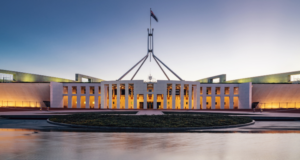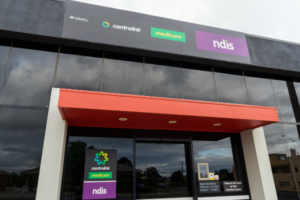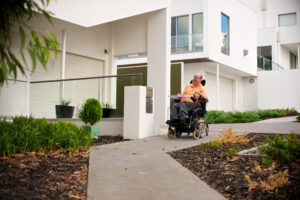This year’s federal budget included funding for several initiatives aimed at creating opportunities for Australians with disabilities and ensuring that the National Disability Insurance Scheme (NDIS) remains sustainable into the future.
The Albanese Government has committed to supporting Australians with disability by investing in the following:
- Employment and employment opportunities
- Better data collection so we can provide better services
- Early intervention for autism
- A more sustainable NDIS
Employment
The federal budget will invest $41 million through 2025-26 to help strengthen the supported employment sector to provide people with disabilities, and high support needs with access to a broader range of employment opportunities.
Around 160 supported employment organisations can apply for grants to assist them in upskilling supported employees, building the capacity of their support workforce or implementing innovative business models.
This will provide 16,000 people currently in supported employment with employment stability as the sector is set up to respond to future challenges.
Better Data Collection
A National Disability Data Asset (NDDA) will also be formally established in collaboration with states and territories. The commonwealth will provide a total of $31.4 million over four years.
When established, the NDDA will improve research, policy development, and service delivery and ensure government funding is best targeted. It will mean better, more responsive services for people who need them.
It will be co-governed between Commonwealth, state and territory governments – along with the disability community. Strong ethical oversight and privacy protections will be in place.
Autism Early Intervention
A total of $22.1 million will be invested over four years, from 2023-24, to deliver two new pilots to help develop evidence-based approaches for early intervention for infants with early signs of autism.
This will complement the government’s work in developing an Early Years Strategy, due for release by October this year, and the National Autism Strategy.
The commonwealth will collaborate with state and territory maternal and child health networks to implement these pilots.
A more sustainable NDIS
The budget includes a $910 million commitment over four years to improve the NDIS, highlights of which include:
- An investment of $429.5 million in boosting the NDIA’s workforce capability and systems to improve consistency and equity in decision-making for access and planning decisions for NDIS participants.
- A commitment of $73.4 million to support participants in managing their plan within budget, including assistance from the NDIA during the year and holding plan managers, support coordinators and providers to account.
- Investment of $63.8 million to take a lifetime approach to ensure plans are more transparent and flexible for life events.
- More than $56 million to strengthen supported independent living decisions, including introducing a home and living panel to improve consistency across decisions and updated guidelines for planners.
- Almost $30 million to support the quality and effectiveness of services provided to participants by improving providing oversight and increasing evidence-based supports
- A $24.6 million trial of blended payments models to increase incentives for providers to innovate service delivery and improve outcomes.
- A $7.6 million pilot in partnership with communities to improve access to support in remote and First Nations communities.
- A $48.3 million crackdown on fraud and non-compliant payments in the scheme and to develop a business case for new IT platforms and systems to detect and prevent fraud and non-compliant payments.
Other areas of investment
A range of other investments will also be made to support the 4.4 million Australians with a disability, including:
- $10.2 million for the Central Coordination of Disability Policy to complement work to respond to the Royal Commission into Violence, Abuse, Neglect and Exploitation of People with Disability
- $3.7 million to undertake consultation and research for the National Autism Strategy
- $3.2 million to the Complaints Resolution and Referral Service and the National Disability Abuse and Neglect Hotline
- $1.2 million for the development of the National Roadmap to improve the health and mental health of autistic people
The Disability Royal Commission estimated a $27.7 billion cost to the economy in 2021-22 as a result of failures to provide people with a disability equal opportunity to participate in the economy and equal access to quality services.
The Albanese Government has reaffirmed its commitment to close these gaps and create a more inclusive society. Lifely is hopeful the government will keep its pledge to work with disability communities, NDIS providers, and the states and territories to co-design and implement these initiatives. As part of this, Lifely will look for opportunities to continue advocating for NDIS participants and families living in regional and rural Australia.




